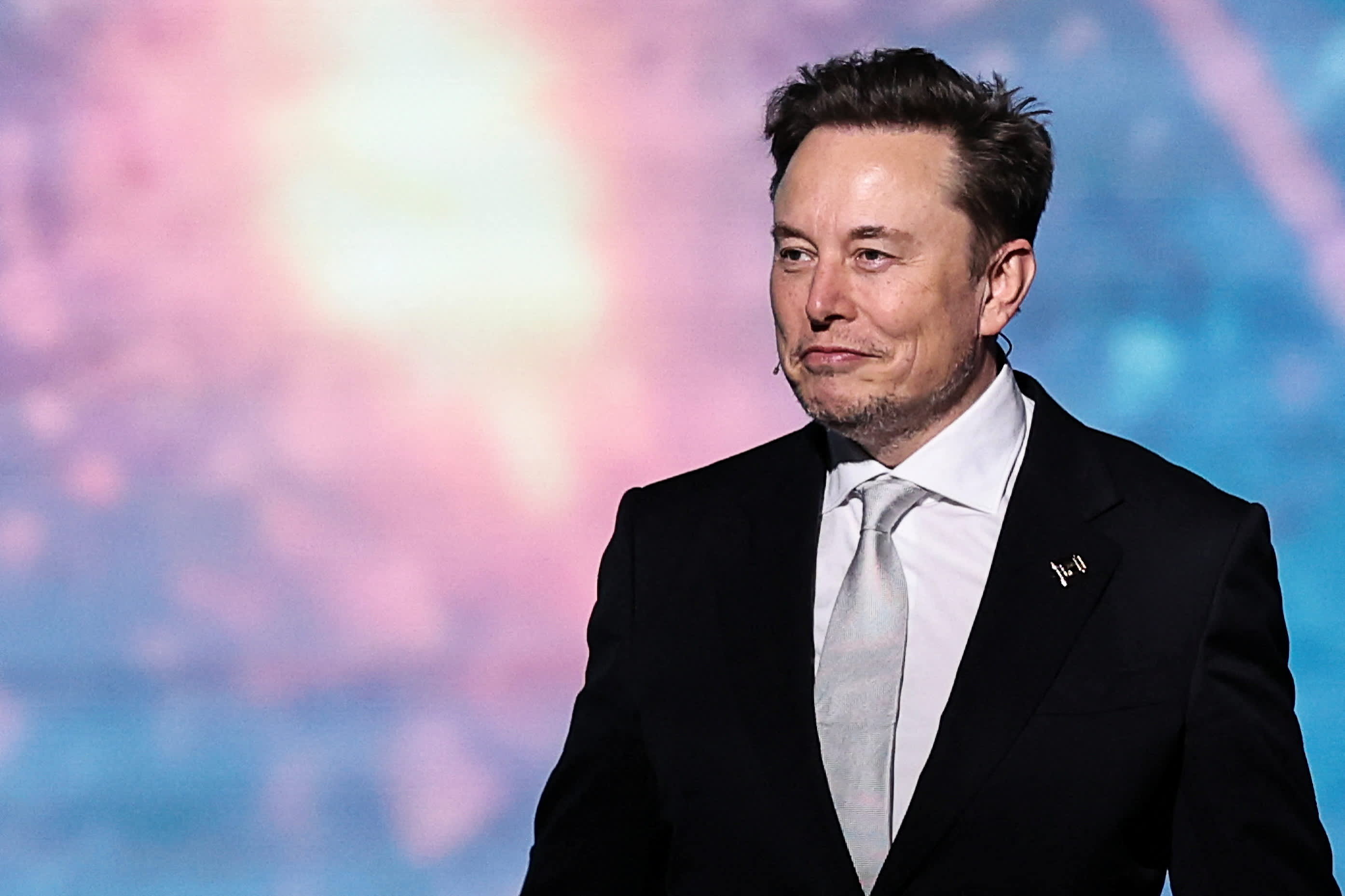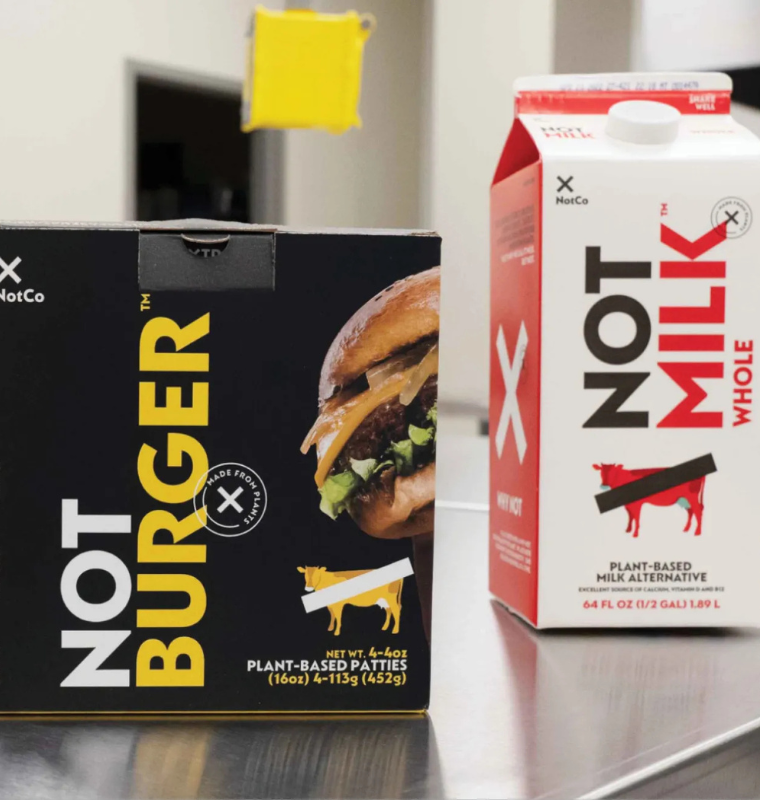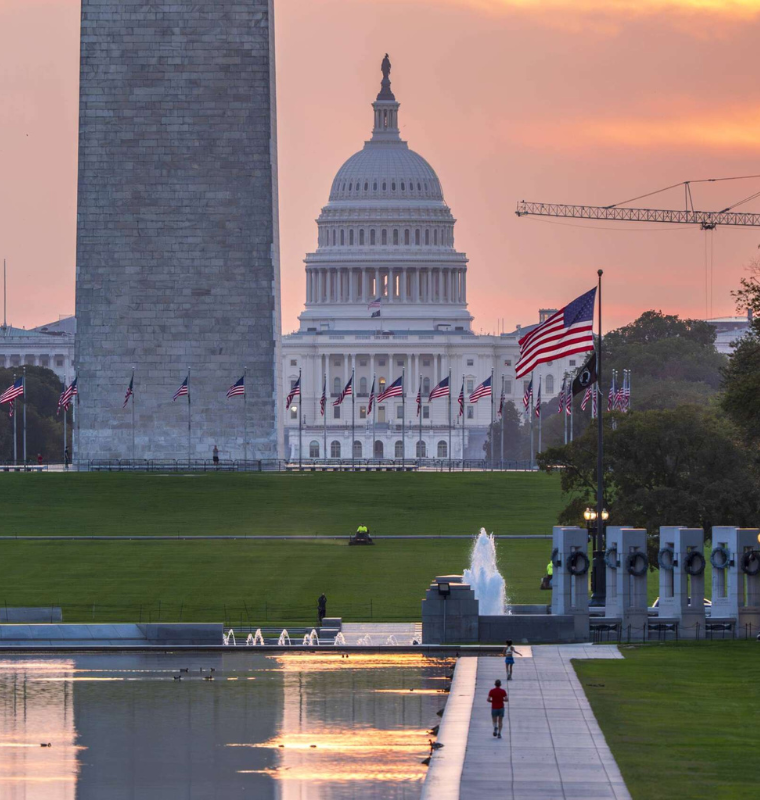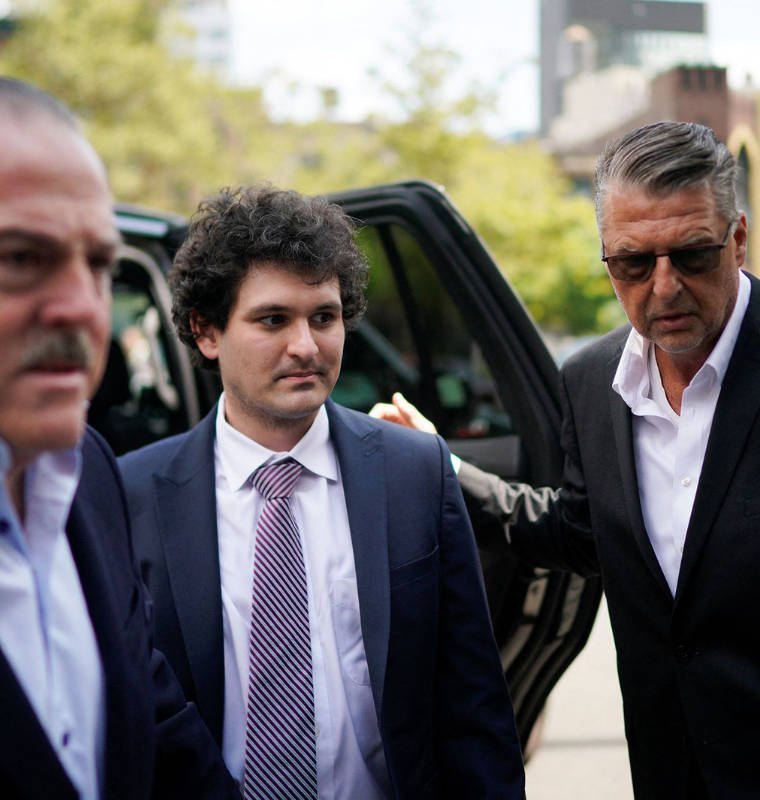Norway’s $2 Trillion Wealth Fund Opposes Elon Musk’s $1 Trillion Tesla Pay Deal
Norway’s $2 Trillion Wealth Fund Opposes Elon Musk’s $1 Trillion Tesla Pay Deal
By
Leah Rosenfeld
Last updated:
November 5, 2025
First Published:
November 5, 2025

Tesla CEO Elon Musk attends the Saudi-U.S. Investment Forum, in Riyadh, Saudi Arabia, May 13, 2025. | Hamad I Mohammed | Reuters
Norway’s massive $2 trillion sovereign wealth fund has announced it will vote against Elon Musk’s proposed $1 trillion pay package at Tesla’s upcoming annual shareholder meeting — a move that puts one of the world’s biggest investors at odds with Tesla’s management and the billionaire CEO himself.
The fund, officially known as Norges Bank Investment Management (NBIM), is Tesla’s seventh-largest shareholder with a 1.14% stake valued at 118.3 billion Norwegian kroner ($11.6 billion). In a statement released Tuesday, the fund confirmed it had already cast its vote opposing the compensation plan, citing issues with its scale, dilution effects, and lack of safeguards against overreliance on Musk as a single key executive.
NBIM stated, “While we recognize the extraordinary value created under Mr. Musk’s leadership, we remain concerned about the total size of the award, potential shareholder dilution, and insufficient mitigation of key-person risk. We will continue constructive dialogue with Tesla on this and other corporate governance matters.”
The proposed trillion-dollar payout
Tesla’s board is urging shareholders to approve what would be the largest CEO pay package in corporate history, potentially granting Musk up to $1 trillion in stock options over the next decade. The payout is tied to Tesla achieving a series of market capitalization and operational milestones.
If approved, the plan could substantially increase Musk’s voting power within the company, solidifying his influence over Tesla’s direction at a time when the automaker faces slowing sales, intensifying competition in electric vehicles, and growing regulatory scrutiny worldwide.
Tesla shares were down about 2.5% in premarket trading following the fund’s announcement, reflecting market uncertainty ahead of the vote.
Widening backlash against Musk’s compensation
NBIM joins a growing list of investors and advisory groups voicing opposition to the package. The Take Back Tesla coalition, made up of unions and corporate accountability groups, has actively campaigned against the plan, calling it excessive and misaligned with shareholder interests.
Additionally, Institutional Shareholder Services (ISS) and Glass Lewis, two of the most influential proxy advisory firms, have both recommended shareholders vote against the proposal, citing concerns about governance and the sheer scale of the compensation.
Musk has fiercely defended the package, attacking critics on his social platform X. He recently referred to ISS and Glass Lewis as “corporate terrorists,” accusing them of undermining innovation. Responding to critics questioning his pay, Musk posted, “Tesla is worth more than all other car companies combined. Which CEO would you rather have running Tesla? It won’t be me if this deal is rejected.”
A history of tension between Musk and Norway’s fund
This is not the first time Norway’s sovereign fund has clashed with Musk over executive pay. In 2024, the fund voted against reinstating Musk’s earlier $56 billion compensation package after it was struck down by a U.S. court. Despite that, Tesla shareholders later approved the plan, making it the largest public CEO pay deal in U.S. history at the time.
Leaked text messages later revealed tensions between Musk and NBIM CEO Nicolai Tangen, after Musk reportedly declined a dinner invitation in Oslo. Musk wrote, “When I ask you for a favor and you decline, don’t ask me for one until you’ve done something to make amends. Friends are as friends do.”
The bigger picture: influence, power, and governance
The dispute between Musk and NBIM underscores a broader debate about corporate governance, accountability, and CEO compensation in high-growth tech firms. Critics argue that Musk’s proposed payout is disproportionate and sets a troubling precedent for corporate oversight.
Supporters, however, contend that Tesla’s unprecedented market success — growing its valuation to over $600 billion and revolutionizing the EV industry — justifies rewarding Musk’s performance.
Musk, who remains the world’s richest person with a net worth of $504.1 billion according to Forbes, has suggested he might step back from Tesla leadership if the deal fails. That possibility has intensified shareholder pressure and fueled speculation about Tesla’s leadership stability.
As the shareholder vote looms, all eyes are on how investors will balance rewarding innovation with maintaining governance integrity — a dilemma that could shape not just Tesla’s future, but executive pay standards across the tech industry.
Popular articles
Subscribe to unlock premium content
Why Certain Alfa Romeo Giulia Quadrifoglio Models Are Appreciating Faster Than Real Estate

AI Meets Appetite How NotCo Is Revolutionizing Latin America’s Plant-Based Food Market

From Glacier to Glass How Greenland’s Icebergs Are Fueling a Luxury Water Craze

Why Certain Alfa Romeo Giulia Quadrifoglio Models Are Appreciating Faster Than Real Estate

AI Meets Appetite How NotCo Is Revolutionizing Latin America’s Plant-Based Food Market

Why Certain Alfa Romeo Giulia Quadrifoglio Models Are Appreciating Faster Than Real Estate









